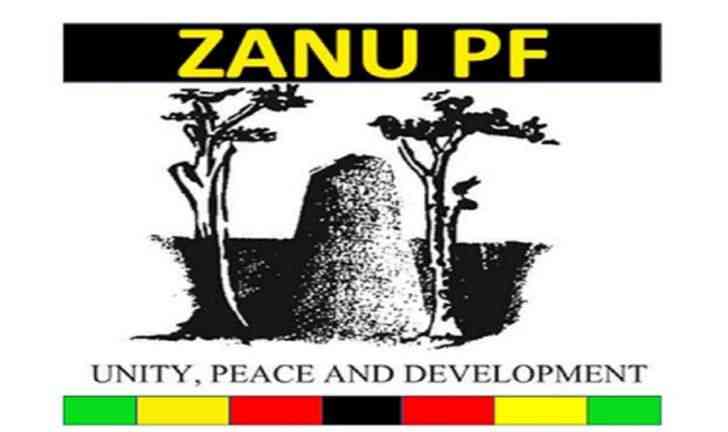
ZANU PF has never been a political party in the traditional sense.
It is not just a ruling party.
It is an institution built on intrigue, betrayal and survival at all costs since the 1960s.
It thrives on purges, feeds on fear and survives on the blood of its own.
It feeds on purges and thrives on paranoia.
To understand Zanu PF is to understand a culture where loyalty is temporary, power is absolute and comradeship ends the moment one threatens the throne.
Names like Joice Mujuru, Grace Mugabe and Didymus Mutasa tell the story.
Once celebrated as pillars of the party, they were discarded like old furniture when they outlived their usefulness.
- Female politicians complain over sexual harassment
- Zimbabwe’s lobby to lift ivory trade ban stutters
- Zimbabwe’s lobby to lift ivory trade ban stutters
- Corruption Watch: Get scared, 2023 is coming
Keep Reading
Mujuru, a former vice-president and a liberation war heroine, was toppled in a brutal factional war that left her silenced and politically irrelevant.
Grace, the former First Lady who strutted with unchecked power, is now a ghost in Mazowe or maybe at Blue Roof.
Mutasa, who proudly referred to himself as “Number Two”, discovered that numbers count for nothing when Zanu PF decides your time is up.
These are not isolated misfortunes.
They are the very lifeblood of Zanu PF’s existence.
The party does not forgive; it eliminates.
Its strength has always been in devouring its own to remind the rest that no one is safe.
This is how it has managed to renew itself time and again — through calculated betrayal dressed up as discipline.
Zanu PF does not retire its cadres — it destroys them.
Today, the same playbook is on display.
Business mogul Kudakwashe Tagwirei is said to be at the centre of a vicious internal tug-of-war: One faction desperate to co-opt him into the central committee, another accusing him of buying influence and cutting corners.
Yet anyone who knows Zanu PF knows the outcome is already written.
The party decides who rises and who is humiliated — and it always gets its way.
This is no accident.
Former storm troopers admitted that humiliations were rehearsed at State House, where loyalists practised how to tear down a comrade on cue.
Humiliations were scripted, insults rehearsed and the stage set for dramatic expulsions.
In Zanu PF, nothing is accidental; every purge is choreography, every betrayal is theatre.
To seasoned observers, this is familiar theatre.
In Zanu PF, factional battles are never about principle — they are about control, access and survival.
And as history has shown, the party always decides who rises and who is humiliated.
This machinery is deliberate.
In Zanu PF, anyone who rises too high, too fast or too independently quickly learns that the party rewards obedience — and punishes ambition.
Even Emmerson Mnangagwa himself, now President, was once a victim.
In 2014, he narrowly survived the same purges that devoured Mujuru, and only clawed his way back to power through military muscle three years later.
That is the irony of Zanu PF: today’s executioner may be a victim tomorrow.
Yet herein lies Zimbabwe’s greatest tragedy.
The country remains chained to a party that will not die, but also cannot renew itself beyond the politics of betrayal.
As long as Zanu PF “will always be”, Zimbabwe itself will never truly become.
Its politics will remain stagnant, its economy trapped in patronage and its people forced to watch the same script play out again and again.
Because in Zanu PF, history is not a guide — it is a loop.
And so, Zanu PF will always be. Not because it is united, not because it is visionary, but because it has perfected the dark art of survival.
It survives not through progress, but through fear.
It grows not through ideas, but through elimination.
Individuals may fall, factions may burn, but the beast itself never dies.






